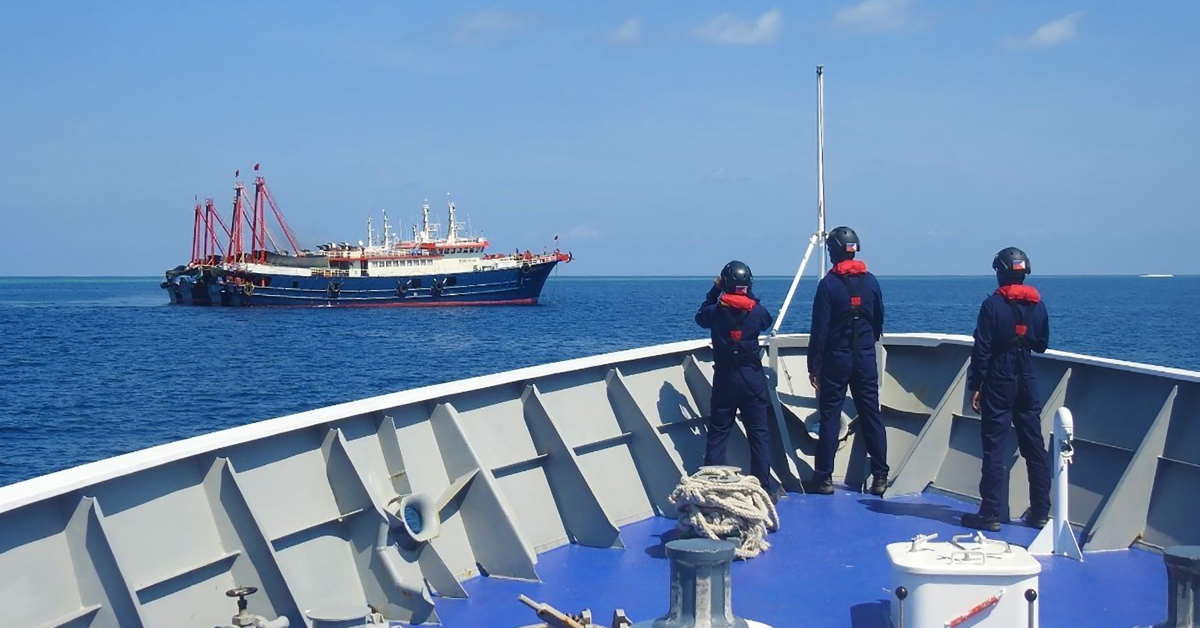Manila has suspended oil and gas exploration in the South China Sea (SCS), Philippine President Rodrigo Duterte's spokesman said Wednesday, as it tries to strike a deal with Beijing on a joint energy project.
Drilling off the Philippines was allowed to resume in October 2020 when Duterte – who has taken a softer approach than his predecessor to Beijing's claims over most of the waterway – lifted a 2014 moratorium.
It was hoped that Duterte's decision would fast-track talks with Beijing on joint exploration in the waters, which are believed to hold rich deposits of oil and gas.
But local companies involved in two projects off Palawan province have been ordered to stop again.
"SJPCC suspended all exploration activities within the disputed areas in West Philippine Sea," said presidential spokesman Martin Andanar, referring to the government's security advisors. He did not provide a reason.
The Philippine energy department has challenged the decision, arguing "a geophysical survey is a perfectly legitimate activity in any disputed area".
The foreign affairs department said it was trying to confirm media reports that a Chinese coast guard vessel had shadowed Philippine survey vessels at one of the projects recently.
Manila signed an agreement with Beijing in 2018 to cooperate on oil and gas development as a way to benefit from the resources while setting aside the territorial dispute.
But the two governments have yet to identify specific projects, said Jay Batongbacal, director of the University of the Philippines' Institute for Maritime Affairs and Law of the Sea.
Batongbacal told AFP the suspension signalled the Philippines had buckled to pressure from China to stop drilling.
"China is essentially trying to make the Philippines agree to joint exploration and development only on China's terms," he said.
"It's coercion. The Philippines is folding to that pressure. That does not really bode well for the future of any exploration and development in the West Philippine Sea."
The suspension comes as the Philippines faces dwindling energy reserves.
The Malampaya gas field, which supplies about 40 percent of power to the archipelago's main island Luzon, is expected to run dry within a few years.
Beijing has ignored a 2016 international tribunal decision that declared its historical claim over most of the SCS to be without basis.
Tensions between Manila and Beijing over the waterway have intensified in the final year of Duterte's term in office.
In the latest spat, the Philippine coast guard accused its Chinese counterpart of steering one of its ships within metres of a Filipino patrol vessel near the contested Scarborough Shoal.
